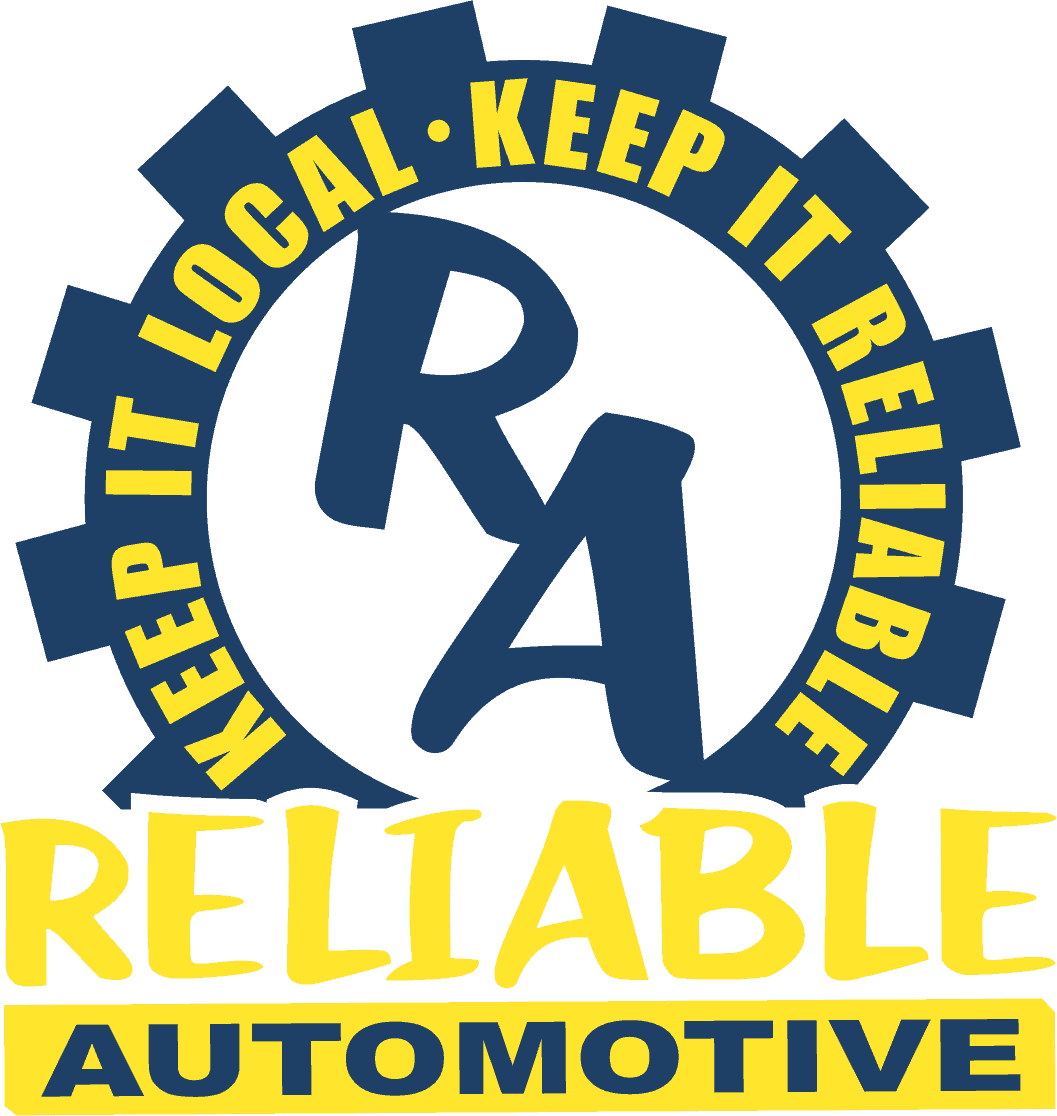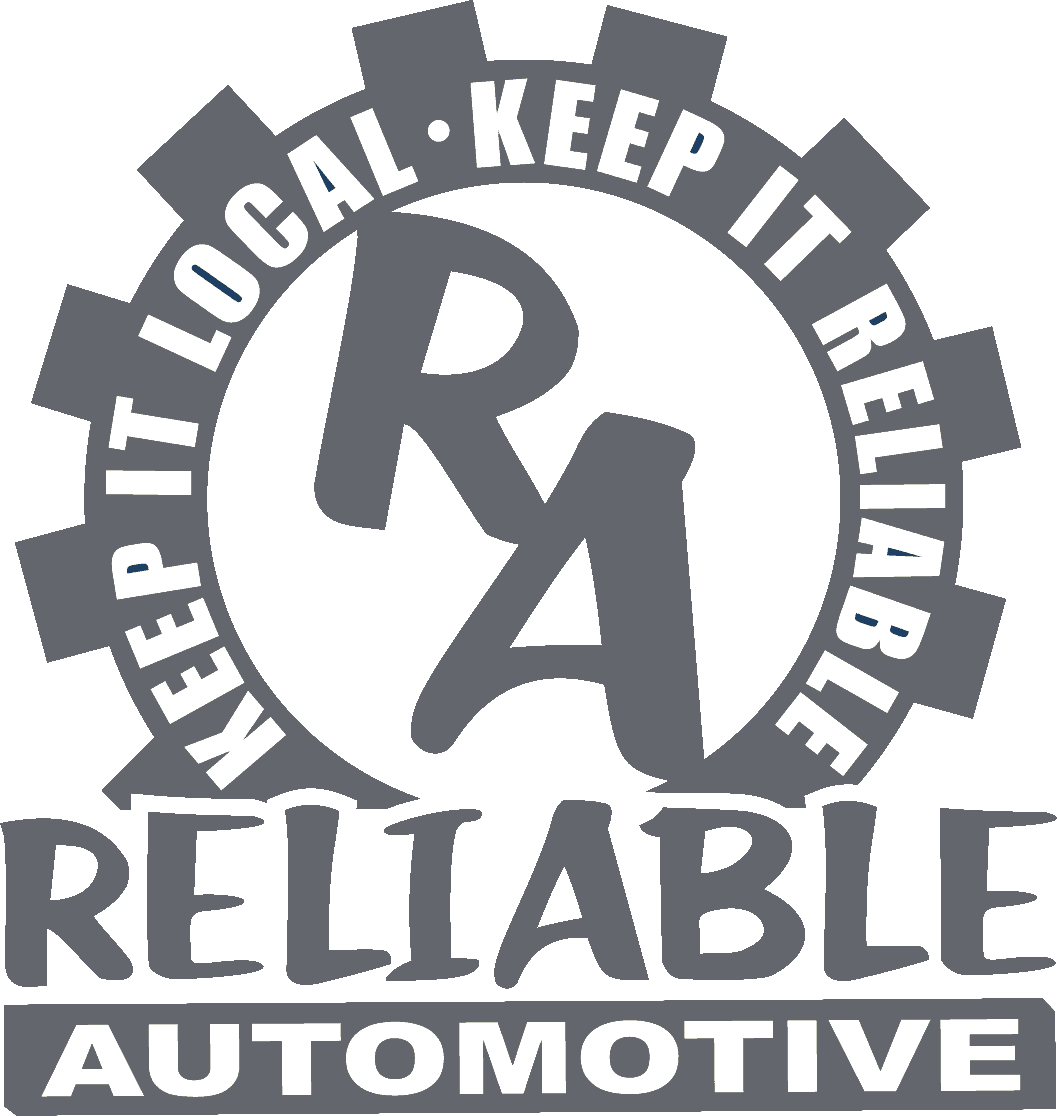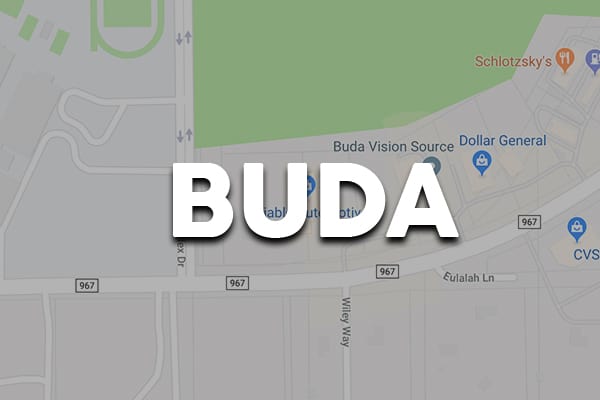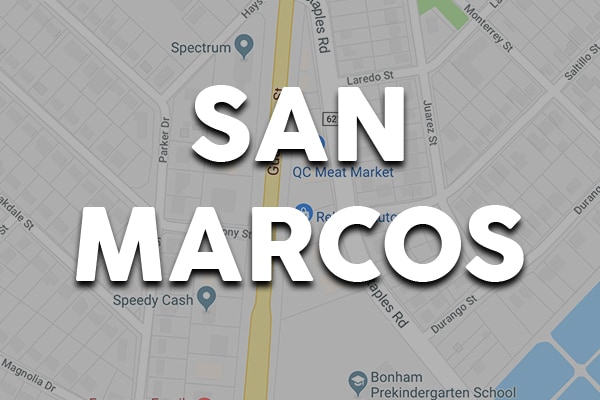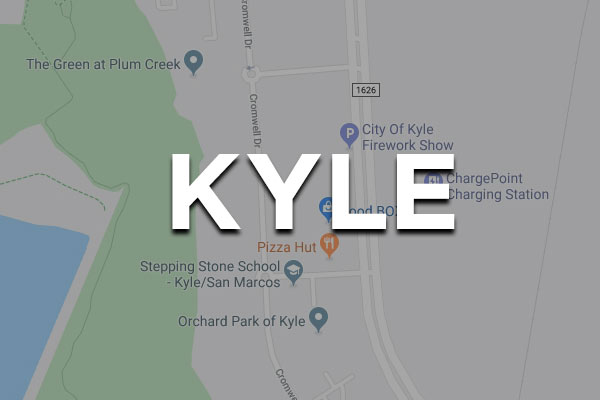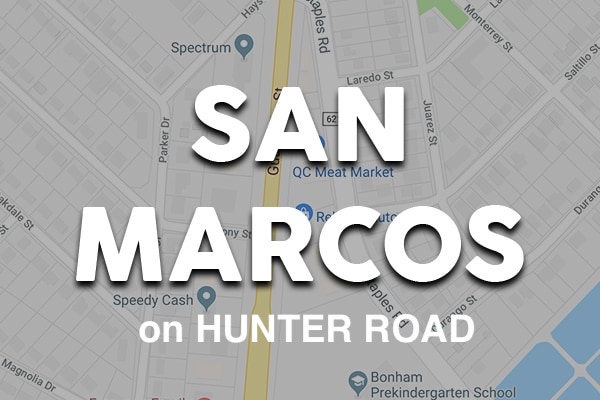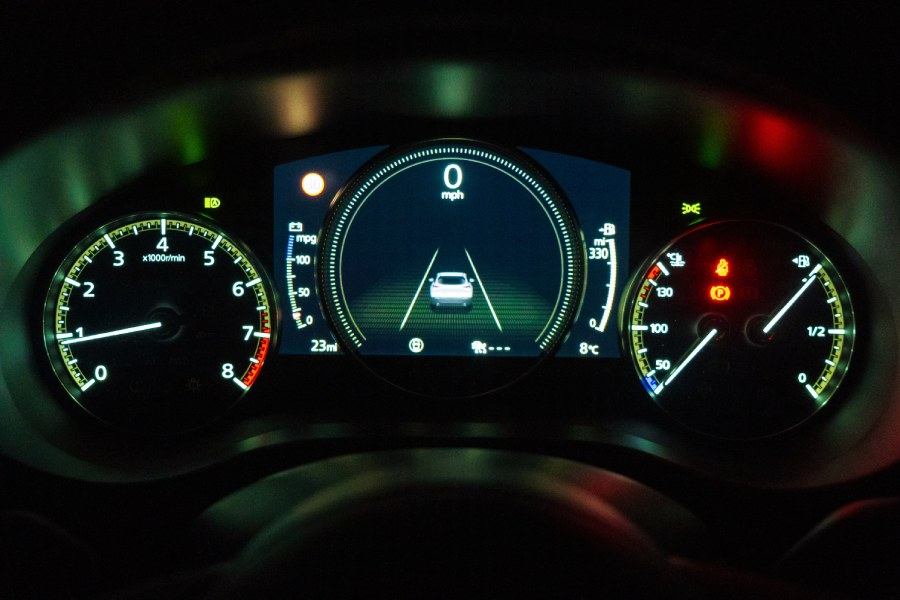
The Hydraulic Antilock Brake System, commonly referred to as ABS, was designed to protect the driver from lockup. Higher speeds may cause loss of steering control and vehicle instability, thus necessitating a need for the ABS.
What is an Anti-Lock Brake System?
When a car stops, the anti-lock brake system pumps hydraulic fluid to the brakes to prevent skidding. It does this by recognizing when individual wheels are about to lock and reducing braking pressure on those wheels while increasing pressure on other reels. The main component of an anti-lock system is a hydraulic control unit, which can detect impending wheel lockup and quickly reduce the stress accordingly. The system also includes several sensors that monitor wheel speed, pressure, and position.
Four Reasons Your ABS Light Is On
1. You may not be pumping your brakes enough
The most common reason the ABS light might be coming on is that you are not pumping the brakes hard enough. This is extremely common among new drivers. If the ABS light came on while you were driving, it’s probably because you almost totally let off your brakes right before or right after you saw the light flash. To stop a skid, you need to continue pumping your brakes so that they don’t start sliding again, but if they are not being pumped hard enough to begin with, then there’s not much we can do about that!
2. The brake pedal may not affect the brakes
If your ABS light came on and started flashing and you removed your foot from the pedal, the brakes may still be working, but they are most likely not applying pressure to the wheels. This is a big reason why some drivers stop seeing the ABS light after a few days. Sometimes this happens because of dirt or debris in front of the brake pedal that was preventing it from pressing down properly, but it can also occur for other reasons (like when there is something in front of the brakes) which we can’t fix at first glance.
3. A problem with the ABS module itself
The ABS module is essentially a computer that receives signals from the sensors on your car to tell it which brakes are being applied, how hard they are being used, and when they are being applied. If a sensor on your car malfunctions or is damaged, the ABS module will not be able to receive these signals correctly and may think that brakes aren’t being applied at all. An ABS light might come on even if you aren’t braking hard enough! The easiest solution is if the sensor itself is defective and needs to be replaced.
4. Worn or warped rotors
This type of problem is widespread in the car world, and it’s a big reason you might see your ABS light come on. Rotors are the things that get hot enough to apply the brakes for you, and when these wear out or warp from extreme temperatures, they may not be able to stop your car as quickly as they should. We need to ensure that all of our brake jobs are done correctly!
5. Loss of Hydraulic Pressure
If your ABS light stays on for prolonged periods of time, it may be a sign of loss of hydraulic pressure in your braking mechanism. It may be that you need to take your vehicle into a shop to have the brake reservoir inspected to ensure that there is enough breaking fluid inside of it or that you do not have a brake fluid leak.
In Conclusion
To summarize, your ABS light may come on if you’re not braking hard enough or if the sensors on your car are having a problem. Many things can cause an ABS light to come on, and if you are noticing that it is staying on for prolonged periods of time or not turning off at the appropriate times, it would be good to contact a professional to take a look into what might be the cause of this.
